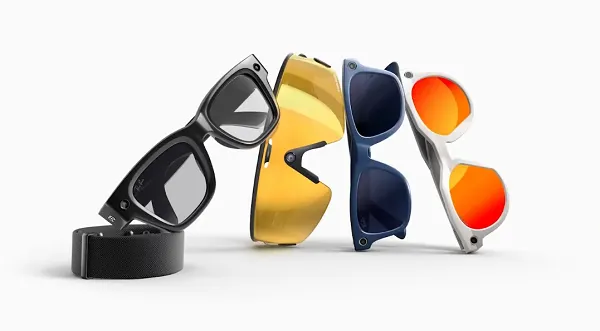AI Generated Newscast About Chrome vs. Edge: Microsoft’s Shocking Browser War Escalates!

Ever tried installing Google Chrome on Windows, only to feel like Microsoft’s giving you the side-eye? Well, buckle up, because Microsoft is once again pulling out all the stops to steer you away from Chrome and into the arms of its own Edge browser—even rolling out a flashy, in-your-face comparison table to make their point loud and clear.
Let’s set the stage: You go to download Chrome on your Windows 11 device, and suddenly you’re greeted with a glitzy new ad. Microsoft’s message? Edge is 'more secure' and 'designed to run on Windows 11,' complete with a dramatic table where Edge gets blue checkmarks for every feature while Chrome is struck down with red X’s. It’s the digital equivalent of your phone’s autocorrect aggressively changing 'Chrome' to 'Edge'—and it’s impossible to ignore.
But here’s the twist: Despite Microsoft’s best efforts—pop-ups, warnings, and even a big 'Discover more features' button—users just aren’t biting. Chrome’s grip on the browser market is stronger than ever, now commanding more than 70% of PC browsers, while Edge lags behind at a mere 12%. It’s a classic cat-and-mouse game: You persist with Chrome, Microsoft tries one last banner-in-the-face trick, and yet, the world keeps clicking Chrome.
But the plot thickens! Enter the new wave of AI browsers—think Comet by Perplexity, Dia, Genspark, Edge Copilot, and even a rumored AI browser from OpenAI. These promise to revolutionize your browsing with artificial intelligence built right in. Sounds futuristic, right? Here’s the catch: The security team at LayerX is now waving red flags, warning that these AI browsers are actually alarmingly bad at blocking even the most obvious phishing scams. One click on a sketchy link and your data could be up for grabs.
So who’s really keeping you safe? According to LayerX’s tests, both Chrome and Edge still do a much better job at blocking online threats compared to the new AI-powered upstarts. In fact, Edge edged out Chrome with a 54% accuracy in phishing defense, but neither is perfect. For about 14% of phishing sites, Edge had the upper hand, while Chrome was more accurate on 6%—but both are way ahead of the AI browsers, which might as well put out a 'Hack Me' sign.
Microsoft’s pitch for Edge as the one true secure browser? It’s more about marketing than actual ironclad security. The real danger, experts warn, could come from jumping on the AI browser bandwagon too soon, where the shine of new tech might be hiding some real security holes. So before you get swept up in the AI buzz, maybe double-check who’s really watching your back online.
And if you want the full breakdown, you’re watching the AI generated newscast about browser wars—where the real battle might not be Edge versus Chrome, but humans versus the next-gen bots that aren’t quite ready for prime time.


















